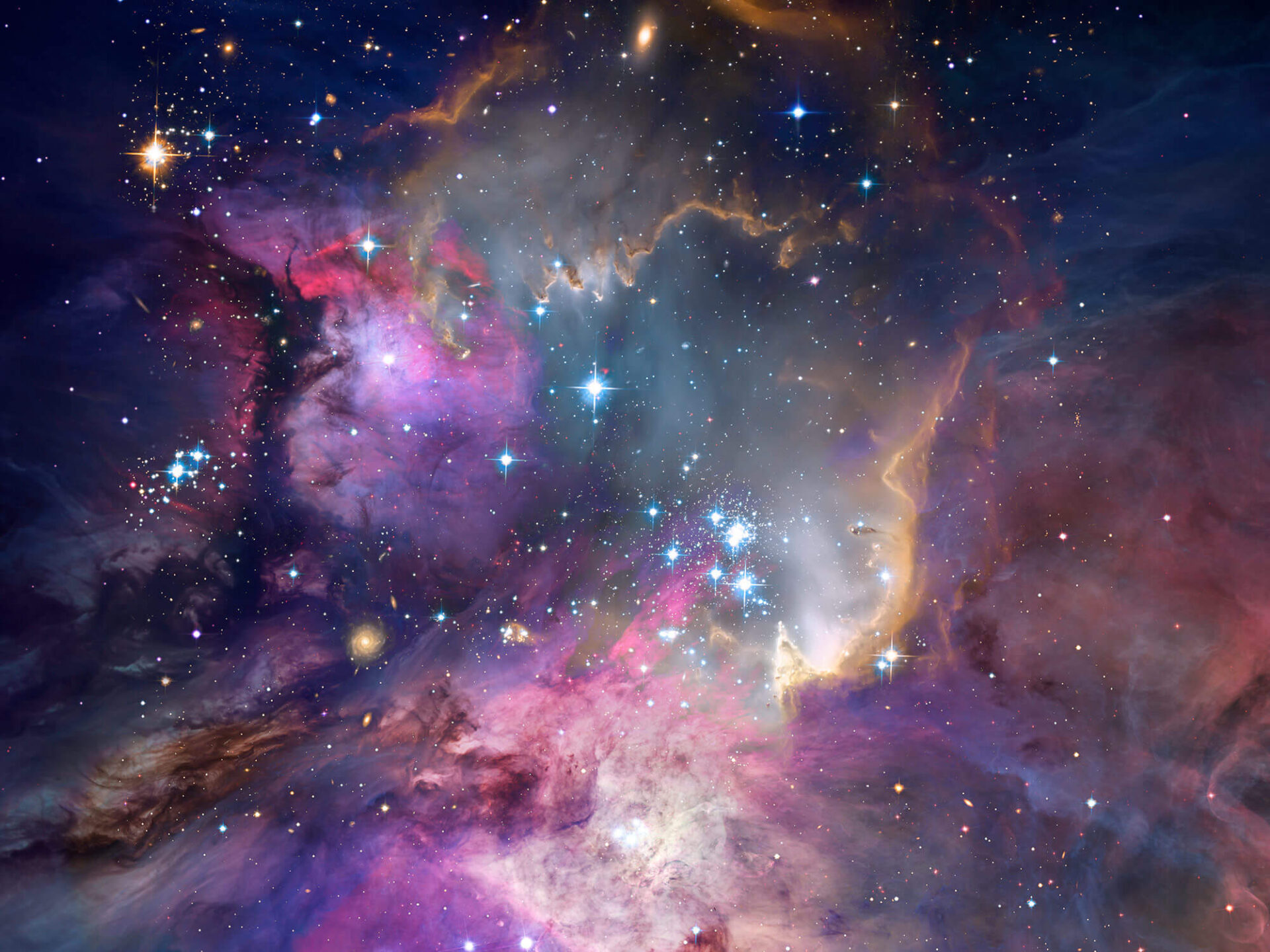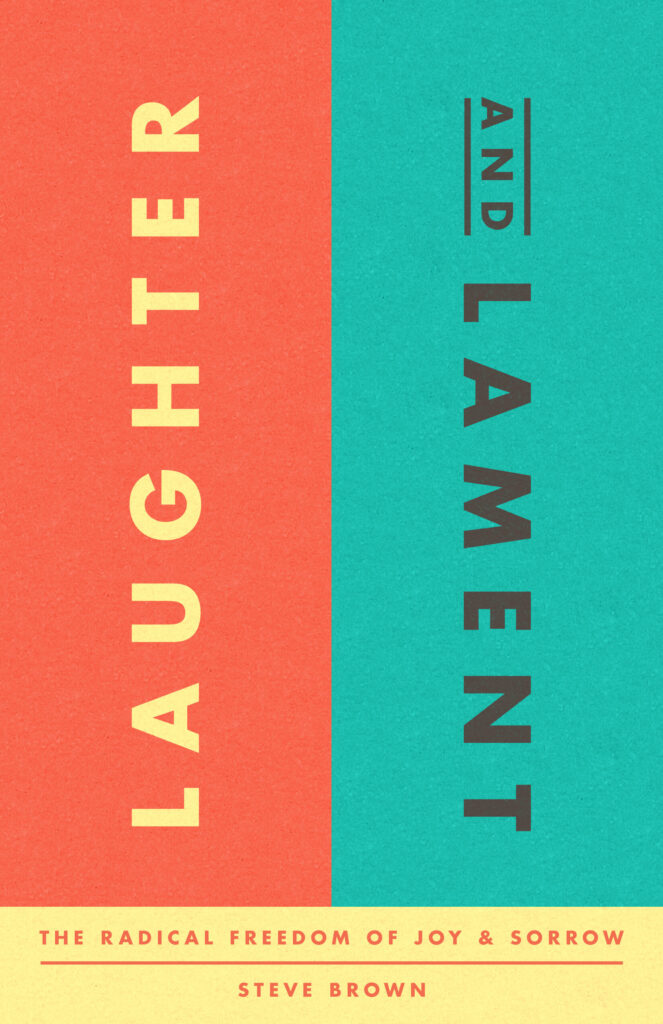“So God created man in his own image, in the image of God he created him; male and female he created them.”
Genesis 1:27
In Genesis 1:26, after the creation of the world and all that is in it, God says, “Let us make man in our image, after our likeness.” That’s a very big deal, and the implications of our being created in the image of God (Imago Dei) are many and profound. It’s the reason every person is valuable. It’s the basis of the pro-life movement. It’s the reason Christians are called to respect and affirm people whose worldviews are different from ours, even if we find those worldviews offensive and they cause us to wince. It’s the reason believers feel such sorrow at sin without having to be told. It’s the source and reason for our longings, and the explanation for our redemption. As a great number of people move away from any belief in or even awareness of our being created in God’s image, it’s also the reason for the meaninglessness and alienation that permeates our culture. If we’re created in the image of God, it’s good news. If we’re just a vagrant happenstance, there is no good news.
Did You Know That God Is Sorrowful and Glad?
We are created in the image of God. For our purposes, there is a surprising biblical reason why we laugh and lament. It’s because God is sorrowful and glad. With all due respect to the opposing views in theological circles about the emotions of God, the Bible portrays a God who feels deeply and acts passionately. His humor is everywhere and his tears, as it were, fall from the pages of the Bible.
We live in a world that is, at a minimum, not what it’s supposed to be. Jesus said that when we pray, we should pray that God’s will would be done on earth as it’s done in heaven. Something is seriously wrong and everyone knows it. That knowledge is particularly alive in believers who know God’s plan. But it’s not just a Christian knowing. It’s reflected in the music, art, culture, and philosophies of thoughtful people everywhere. It’s reflected in the silent—if unspoken and undefined—sadness of every- body. It’s universal. Hatred, meaninglessness, alienation, suffering, and death are just not the way it’s supposed to be. What’s with that? Logic suggests that people who live in the darkness of a fallen world would simply accept the dark with nothing more than stoic acquiescence, but that’s not what happens. In the hearts of human beings there is always a cry for something different and better. The “it is what it is” may be the mantra, but the “it is not what it’s supposed to be” is the basis of universal longing.
The source of our longing for restoration is the image of God present in all of us. It is a part of what it means to be human. Restoration is the hope of Christians and the need for it is the stuff of both laughter and lament. Our lament is deep and wrenching, and our laughter is free and joyful, because restoration and the knowledge of it, is what it means to be created in the image of God. In fact, it is a reflection of the laughter and lament of God himself.
In Calvin Miller’s wonderful Singer Trilogy, the Singer (i.e. Christ) is being tortured and will soon die. World Hater (i.e. Satan) cries out with delight to Earthmaker (i.e. God):
“I have you crying, Earthmaker. You can never glory in your universal riches, for I have made you poor. . . . You lie at man’s caprice and wait for him to break your heart. Earthmaker is crying at the mercy of his earth. . . . Cry, Creator, cry! This is my day to stand upon the breast of God and claim my victory over love. You lost the gamble. In but an hour your lover will be pulp upon the gallows. Did you tell him when his fingers formed the world, that he would die . . . groaning with his hands crushed and whimpering in my great machine?”
Calvin Miller, Singer Trilogy (Downers Grove, Illinois: InterVarsity Press, 1990), 130–131.
The Creator does cry. He laughs, too.
G.K. Chesterton in Orthodoxy writes about God who delights (and is even childlike) in creation:
Because children have abounding vitality, because they are in spirit fierce and free, therefore they want things repeated and unchanged. They always say, “Do it again;” and the grown-up person does it again until he is nearly dead. For grown-up people are not strong enough to exult in monotony. But perhaps God is strong enough to exult in monotony. It is possible that God says every morning, “Do it again” to the sun; and every evening, “Do it again” to the moon. It may not be automatic necessity that makes all daisies alike; it may be that God makes every daisy separately, but has never got tired of making them. It may be that He has the eternal appetite of infancy; for we have sinned and grown old, and our Father is younger than we.
G.K. Chesterton, Orthodoxy (Snowball Classics Publications, 2015), 52.
There are, of course, different kinds of laughter and we’ll look at that later. That’s also true of God. Scripture reveals that God’s laughter is sometimes the laughter of derision, sometimes irony, and at other times a sort of “you’ve got to be kidding” laughter. But it’s also a free and joyous laughter. It’s the laughter that comes from delight, truth, and relationship. We are created in his image and we laugh the way he laughs and for the same reasons. His laughter defines ours. Just so, his sadness and tears define ours, too. If we’re going to understand our laughter and lament, it starts with God. Everything starts with him.
It is important, however, to see that the laughter and lament of God is about us. I know, I know . . . “It’s not about us, it’s about God.” It feels spiritual, as well as somewhat self-righteous, to say that; but, while partially true, that statement misses a very important biblical truth. Paul writes, “Do you not know that you are God’s temple and that God’s Spirit dwells in you?” (1 Corinthians 3:16). That, by the way, isn’t a verse you can use to get your husband or wife to stop smoking and to get some exercise. The “you” is plural as in “all you all” are God’s temple. It is an amazing statement of the reality, value, and focus of God on us. And then Paul goes even further by writing, “For all things are yours, whether Paul or Apollos or Cephas or the world or life or death or the present or the future— all are yours, and you are Christ’s, and Christ is God’s” (1 Corinthians 3:21–23).
In other words, while it’s about God, it’s also about us. The reason for creation is us. Before God hung the stars in the sky, created the world, the sun and the moon, hollowed out the valleys, and made the mountains, he thought about us. Love does that, you know? Real love is focused on those who are loved. “For God so loved the world . . .” (John 3:16).
Excerpted from Laughter and Lament: The Radical Freedom of Joy and Sorrow © 2022 by Steve Brown. May not be reproduced without prior written permission.
Laughter and Lament: The Radical Freedom of Joy & Sorrow
Steve Brown shares that speaking honestly about the ways we have been hurt and the ways we have hurt others opens the door to the joy of God’s presence even as we grieve. Instead of pretending that everything is fine, going to God with all of our laments fills us with the freedom and joy of knowing his love and forgiveness. This is the surprising message of freedom that Christians have to share with a world where pain is almost always cursed and laughter is almost always cynical.






